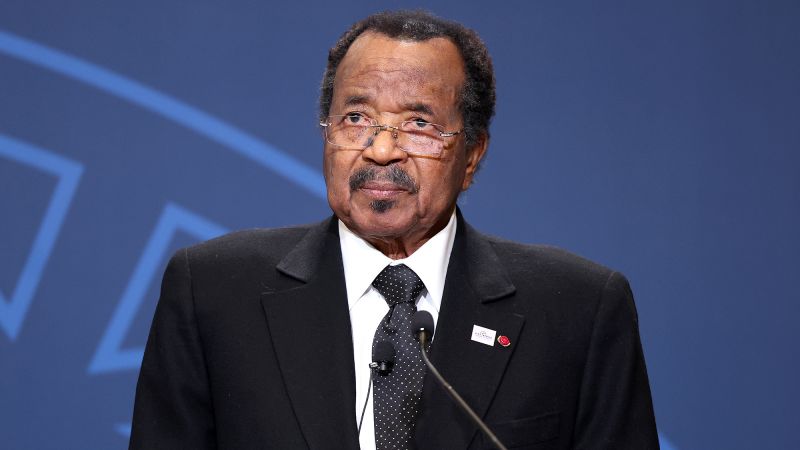Two students, Karolyn Li and Christine Huang, are fighting for LGBTQ rights at China’s Tsinghua University. Li remembers the brochure that highlighted a co-founder of an LGBTQ rights group when she was in high school, and she was surprised by the inclusivity on campus. However, when she and Huang distributed rainbow flags on campus and resisted school administrators who confronted them, the university punished them with a penalty that would stay on their permanent records. When they tried to place flowers outside a transgender classmate’s dorm, they were surrounded by security. The university employee also prevented them from posting images with rainbow flags online.
Li and Huang’s experiences highlight the shrinking space for even subtle gay and transgender expression in China. The ruling Communist Party has tightened controls on ideology and civil society. Nationalist commentators on social media have sought to depict Chinese LGBTQ activist groups as a tool of hostile foreign forces, accusing them of destabilizing society. One of the accusations made against them is that they are “causing conflict within society with the goal of destabilizing.” In May, the police in Hangzhou detained six gay men for 13 days for participating in “lewd activities” and publicized their names. The Beijing LGBT Center also shut down after 15 years in operation citing forces beyond its control.
Under Xi Jinping, the authorities have intensified a crackdown on human rights lawyers, feminist groups, and other activists. Although Mr. Xi has not explicitly spoken about gay rights, he has emphasized Confucian values of order and obedience in which citizens conform to traditional gender roles. Currently, the space for LGBTQ advocates in China has shifted to the margins of official tolerance with activists facing the threat of arrest.
Li and Huang’s punishment barred them from receiving scholarship money for six months, and it made it harder for them to apply to graduate school in China. Li, a history major, is now looking to build a new life abroad and applying to graduate programs overseas. Huang is graduating next month with no job prospects. She had hoped to work at an LGBTQ nonprofit, but she knows her options are dwindling.
Li and Huang sued the education ministry in February because they believed the legal system was the safest way to protest what had happened to them. However, the case was not accepted, and the judge cited a regulation prohibiting lawsuits that endanger national security or undermine national unity. Li and Huang plan to challenge the decision and exhaust all legal avenues to the end, even though they know the likely outcome. Li said, “Even if the lawsuit cannot give us justice or recognition, we must record in documents that we existed, worked hard, and fought.”











![Google making ready large replace for Pixel ‘At a Look’ with sports activities rating playing cards, extra [Gallery] Google making ready large replace for Pixel ‘At a Look’ with sports activities rating playing cards, extra [Gallery]](https://9to5google.com/wp-content/uploads/sites/4/2025/04/Pixel-9-Pro-At-A-Glance-1.jpg?quality=82&strip=all&w=1600)



 The James Webb House Telescope has without delay
The James Webb House Telescope has without delay